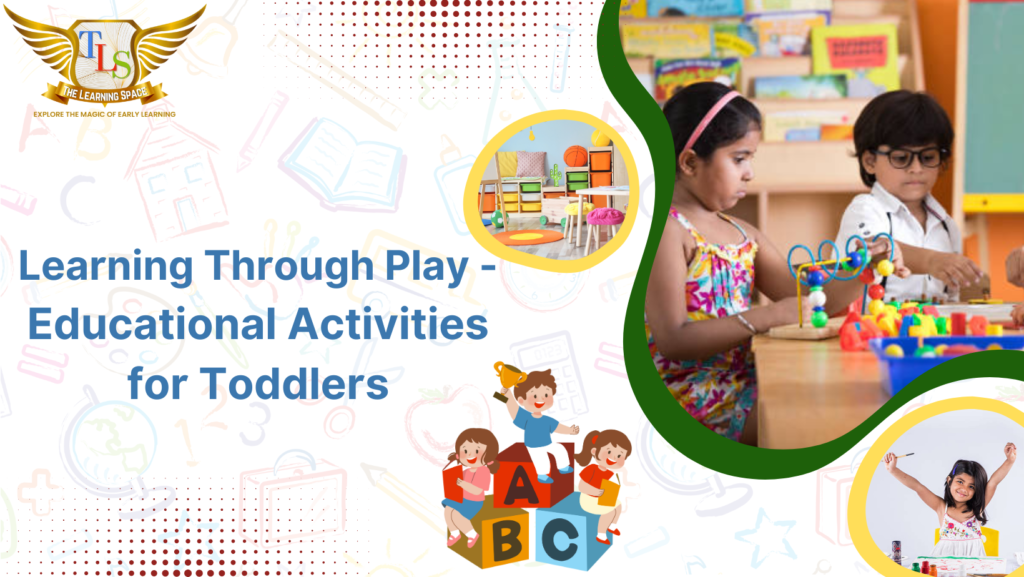Routines help in child development by making children feel safe, confident, and organized. A daily schedule for children creates structure and helps them know what to expect each day. Simple routines like a morning routine for kids or bedtime habits teach self-discipline and responsibility. When children follow routines, they develop good habits that help them in school and life. Parents can utilize a children’s daily planner to make routines simple and enjoyable. In this blog, we are going to discuss why routines and schedules are essential, how to establish them, and how they aid in child development.
Why Are Routines and Schedules Important for Kid’s Development?
Routines provide children with a feeling of security and a sense of control over the day. They enable children to learn time management, minimize anxiety, and concentrate better. Creating a routine each day for kids also develops such habits as regular tooth brushing, homework completion, and timely sleep.
Some benefits of routines include:
- Improved time management – Children are taught to schedule the day.
- Reduced stress and worry – Routine does not make kids worried about “what if”.
- Better behaviour – Children know what to do and when.
- Self-discipline for Kids – They learn to take care of themselves.
- Healthier sleep and overall health – Routine bedtimes and meal times make children healthy.
How to Create a Daily Routine Chart for Children
A children’s daily planner makes routines simple and fun. Here’s how you can create one:
- Daily activities list – Put down all the things your child does from waking up till bedtime.
- Set a routine – Allocate time to each activity such as school, play, food, and bed.
- Make it visual – With pictures, colours, or stickers for smaller children.
- Make it simple – Start with a simple daily schedule for children, and gradually add more routines as they grow.
- Involve the child – Let the child decide the activities and what to make of the chart.
- Put it in a spot that they see – Post it in the fridge or on the bed wall.
What Should the Daily Routine for Children Be?
A daily routine for children should comprise the following activities:
Morning Routine for Children
- Wake up at the same time daily.
- Brush my teeth and wash my face.
- Have a healthy breakfast.
- Get dressed for school.
- Pack a school bag.
School and Study Time
- Go to school or online classes.
- Do homework and reading.
- Practice new skills or hobbies.
Playtime and Exercise
- Spend time outside.
- Play with family or friends.
- Do activities like drawing or puzzles.
Mealtimes and Family Time
- Share meals at the same time each day.
- Discuss the day with family.
Evening and Bedtime Routine
- Bathe
- Prepare a school bag for tomorrow.
- Bedtime story.
- Go to bed at the same hour each evening.
How to Use a Daily Routine Chart for Kids
After you have a routine chart, here are some tips on how to use it:
- Make it a habit – Get kids to refer to their chart every day.
- Use rewards – Reward with stickers or praise when they adhere to the routine.
- Be flexible – It is acceptable to modify the routine when necessary.
- Lead by example – Demonstrate how to adhere to routines by having your own.
- Review and update – As your child ages, modify the routine to suit their needs.
FAQs on Importance of Routines for Kids
How do routines help a child’s development?
Routines assist in the development of children through the practice of self-discipline, responsibility, and time management. They enhance attention, lower stress levels, and make children feel safer.
How old should my child be before I establish routines?
You can begin as early as infancy with basic routines such as sleeping and feeding times. As children age, incorporate more structured activities into their daily routines.
How can routines assist in a child’s behavior?
A well-organized daily routine for children minimizes tantrums and confusion. Children understand what to do, and they remain calm and cooperative.
What do I do if my child does not want to stick to a routine?
Make routines enjoyable using charts, stickers, or rewards. Be patient and continue to explain why routines are necessary. Engage your child in creating their own schedule.
How do I stick to routines when we are travelling or on holidays?
Attempt to maintain major routines such as sleeping and eating schedules. Even during holidays, maintain a simple morning routine for children and bedtime routines to maintain familiarity.
Conclusion
Routines simplify life for children and parents. Routines teach children self-discipline, enhance behavior, and aid in child development. A children’s daily planner can keep children organized and accountable. Begin small, be consistent, and incorporate routines into daily life. Over time, children will automatically follow routines, making life easier and happier for all!


